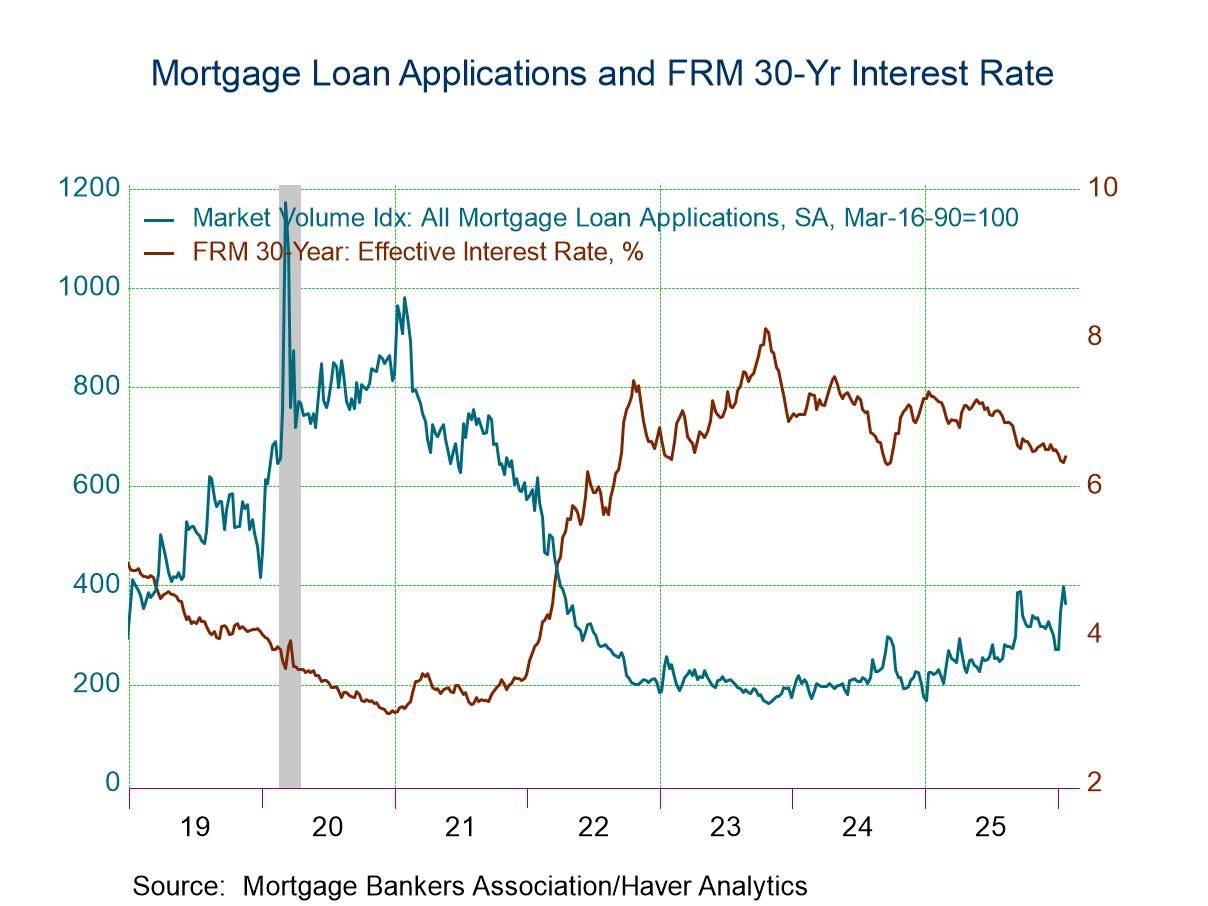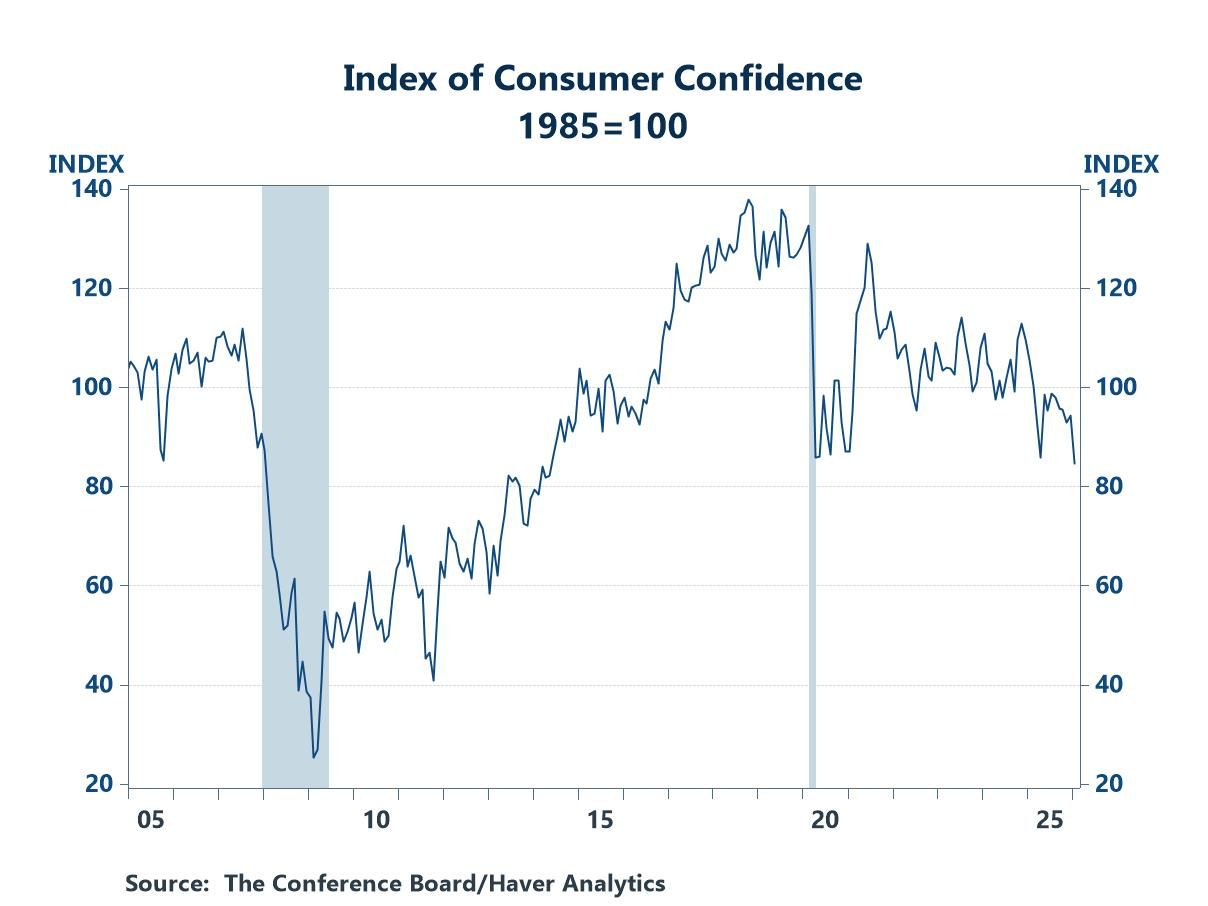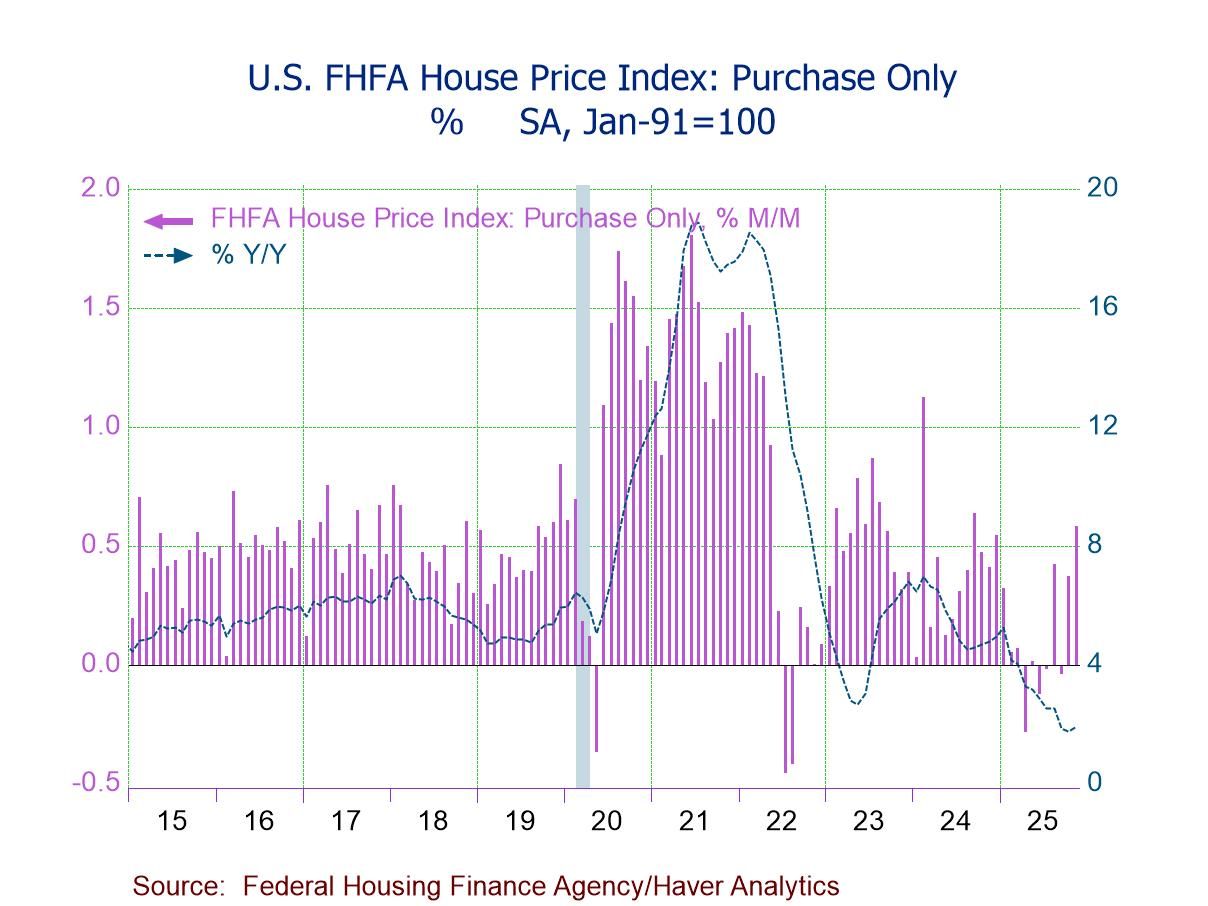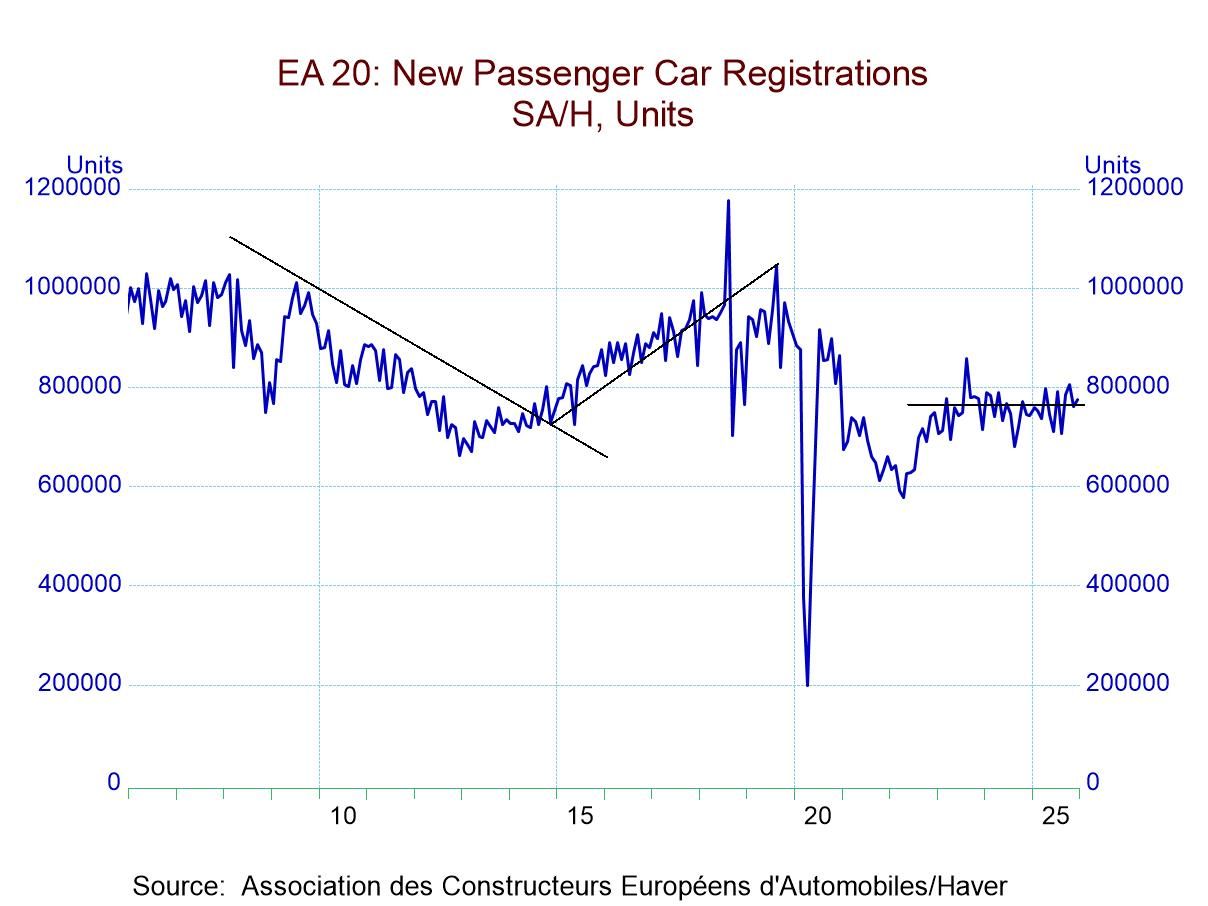 Global| Sep 09 2011
Global| Sep 09 2011German Inflation Loses Some Pace
Summary
Germany persistently is one of the low inflation countries in the Euro-Area. Its inflation rate in August fell to 2.3% Yr/Yr as its price index was flat month-to-month. Jean-Claude Trichet is trying to have some patience with the [...]
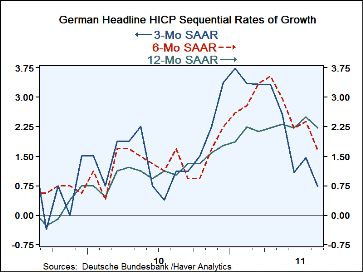 Germany persistently is one of the low inflation countries in the Euro-Area. Its inflation rate in
August fell to 2.3% Yr/Yr as its price index was flat month-to-month. Jean-Claude Trichet is
trying to have some patience with the ongoing inflation overshoot ion the Zone without getting a
reputation for being soft on inflation in the midst of the debt crisis in Europe.
Germany persistently is one of the low inflation countries in the Euro-Area. Its inflation rate in
August fell to 2.3% Yr/Yr as its price index was flat month-to-month. Jean-Claude Trichet is
trying to have some patience with the ongoing inflation overshoot ion the Zone without getting a
reputation for being soft on inflation in the midst of the debt crisis in Europe.
The German result this month is bitter sweet as a drop in the price index had been expected. But the trends for inflation in Germany are encouraging.
Six-month and three-month inflation each peaked four months ago. With six month inflation below 12-month inflation and with three-month inflation less than six month inflation the progression indicates that inflation is still decelerating.
Core inflation is decelerating as well and it is down below 1% at an annual rate over the last three-months.
Beyond that the trend for inflation across CPI components is reassuring. Three-month inflation is below six month inflation for wide variety of components, only 36% of the categories in the CPI have inflation rising over three-months compared to six months. Six month inflation is below 12-month inflation across a wide spectrum of categories, as well inflation is up on that horizon for only 36% of the categories.
The drops in inflation in Germany are part of a widespread phenomenon. With energy prices generally turning lower there is every reason to believe that Germany’s trends will be more or less shared across the Euro-Area and that the ECB exercise in forbearance will not cause it any discomfort. Slowing growth should add to the temperance in the rate of inflation in the Zone.
Robert Brusca
AuthorMore in Author Profile »Robert A. Brusca is Chief Economist of Fact and Opinion Economics, a consulting firm he founded in Manhattan. He has been an economist on Wall Street for over 25 years. He has visited central banking and large institutional clients in over 30 countries in his career as an economist. Mr. Brusca was a Divisional Research Chief at the Federal Reserve Bank of NY (Chief of the International Financial markets Division), a Fed Watcher at Irving Trust and Chief Economist at Nikko Securities International. He is widely quoted and appears in various media. Mr. Brusca holds an MA and Ph.D. in economics from Michigan State University and a BA in Economics from the University of Michigan. His research pursues his strong interests in non aligned policy economics as well as international economics. FAO Economics’ research targets investors to assist them in making better investment decisions in stocks, bonds and in a variety of international assets. The company does not manage money and has no conflicts in giving economic advice.



